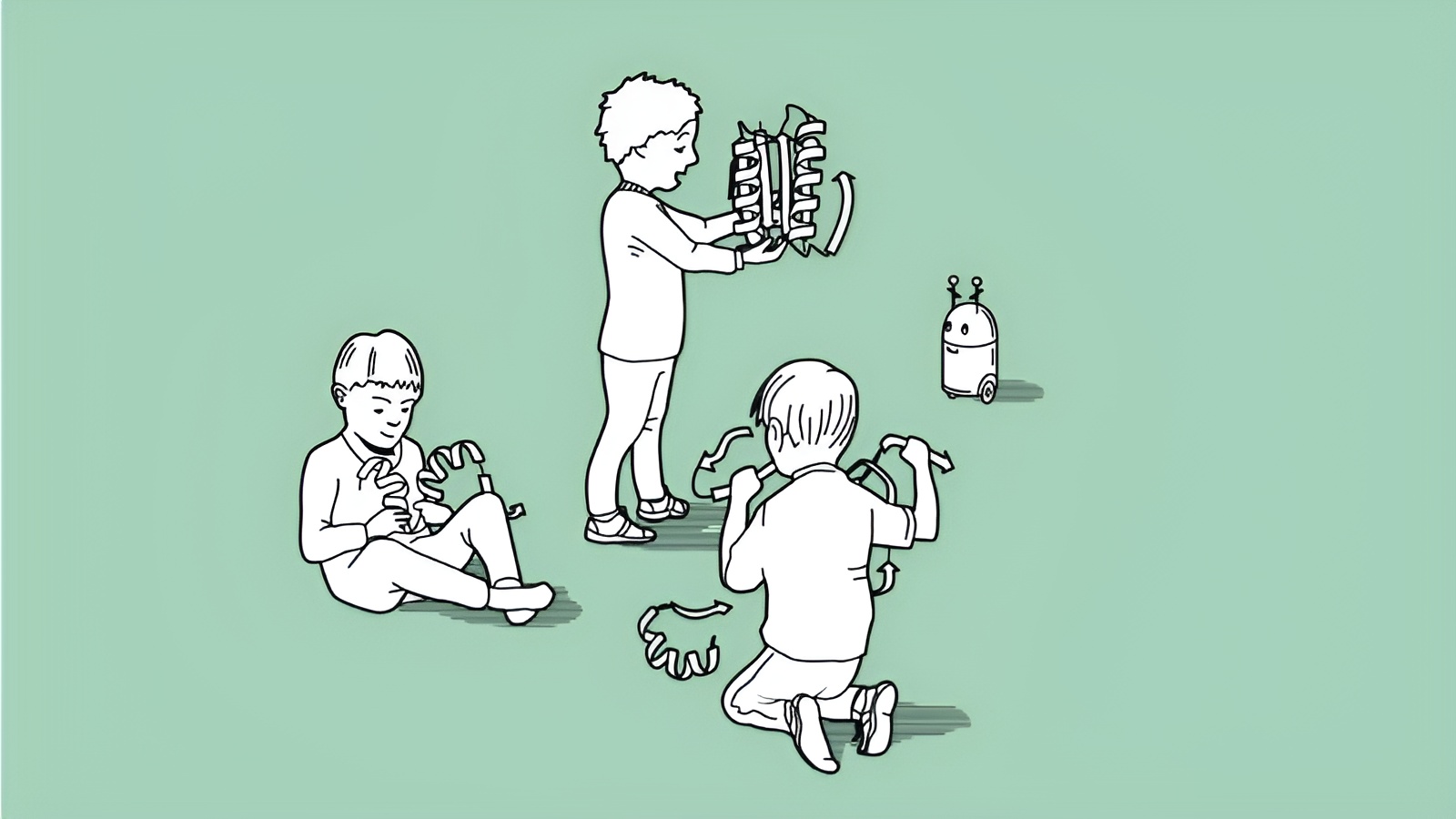Nobel Prize in Chemistry: Google DeepMind AI researchers honoured for protein breakthrough

The Royal Swedish Academy of Sciences has awarded the 2024 Nobel Prize in Chemistry to three researchers who have made groundbreaking advances in predicting and designing protein structures.
David Baker from the University of Washington receives half of the prize for his pioneering work in computer-aided protein design, while Demis Hassabis and John Jumper from Google DeepMind share the other half for developing the AlphaFold AI system, which has revolutionized protein structure prediction.
Proteins, the chemical tools of life, control nearly all cellular processes, and their function is critically dependent on their three-dimensional structure, known as folding. For decades, predicting these structures was considered one of the greatest challenges in science.
David Baker's research group has succeeded in designing entirely new types of proteins using computer algorithms. Their innovative protein designs have the potential to be used as drugs, vaccines, or nanomaterials, opening up a wide range of applications in medicine and biotechnology.
Demis Hassabis and John Jumper's AlphaFold AI system has solved a long-standing problem in biology: reliably predicting protein structures from their amino acid sequences alone. The breakthrough came in 2020 when AlphaFold 2 was presented at the CASP (Critical Assessment of Protein Structure Prediction) competition, predicting protein structures with an accuracy comparable to complex laboratory experiments.
The CASP competition, held every two years since 1994, evaluates methods for predicting protein structures. Participants must predict the structures of proteins that have been experimentally determined but not yet published.
Continuous development and expanding capabilities
Since the release of AlphaFold 2, Google DeepMind has continued to develop the technology. In 2024, they presented AlphaFold 3, which can predict not only protein structures but also interactions between proteins, DNA, RNA, and other molecules.
The discoveries made by the Nobel Prize winners have a tremendous impact on science, enabling a better understanding of biological processes and accelerating the development of new medicines. The Nobel Committee emphasizes that computer-aided methods for protein structure prediction and design open up "enormous potential" for future research and applications.
AI News Without the Hype – Curated by Humans
As a THE DECODER subscriber, you get ad-free reading, our weekly AI newsletter, the exclusive "AI Radar" Frontier Report 6× per year, access to comments, and our complete archive.
Subscribe nowAI news without the hype
Curated by humans.
- Over 20 percent launch discount.
- Read without distractions – no Google ads.
- Access to comments and community discussions.
- Weekly AI newsletter.
- 6 times a year: “AI Radar” – deep dives on key AI topics.
- Up to 25 % off on KI Pro online events.
- Access to our full ten-year archive.
- Get the latest AI news from The Decoder.